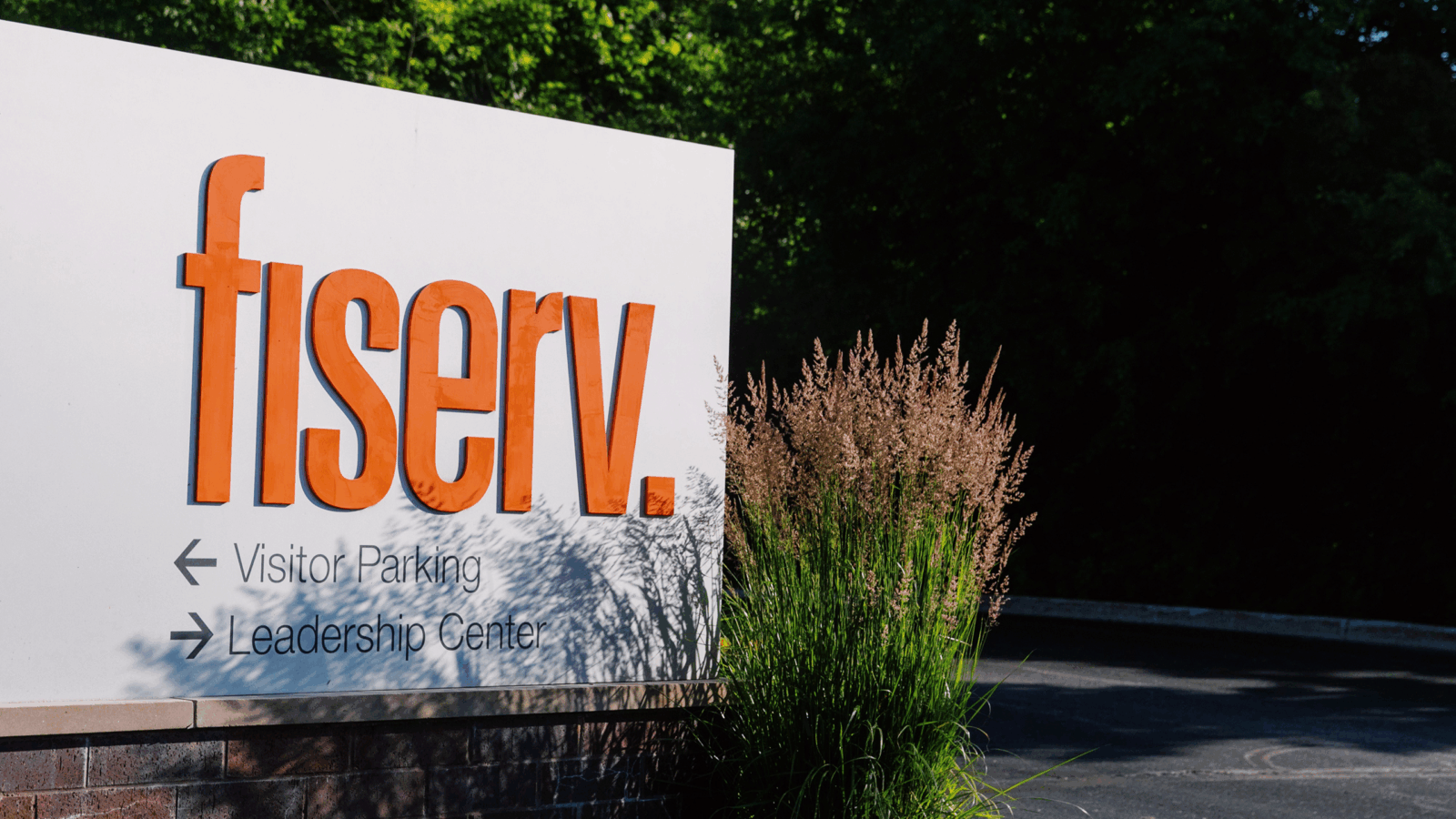
Sign up for smart news, insights, and analysis on the biggest financial stories of the day.
Imagine winning a Nobel Prize for something and then your institution loses the patent rights. This researcher’s greatest nightmare became reality at the University of California, Berkeley this week.
A battle of academic titans over one of the most potentially groundbreaking medical technologies in history ended with Harvard and MIT declared the owners of the patent for CRISPR gene editing. Berkeley, whose professor won the 2020 Nobel Prize in chemistry for her work on the technology, can’t license it anymore.
The Patent Trap
CRISPR — pronounced like the drawer in your fridge — is a genetic engineering tool that can be used to edit genomes. Basically, it allows researchers to make changes to DNA sequences and modify what genes do. The most incredible potential application for this is it could allow experts to correct genetic defects or treat and prevent diseases, altering millions of lives for the better.
Berkeley’s Jennifer Doudna and Emmanuelle Charpentier of Germany’s Max Planck Institute were given the Nobel two years ago for being the first people to describe how CRISPR could be used to edit DNA, which they did in a 2012 paper. But the first researchers to make it happen were from the Broad Institute at MIT and Harvard, who published their own research one year later showing they successfully edited mouse and human cells. The US Patent and Trademark Office sided with Broad in a patent dispute Monday, rewriting the genes of CRISPR’s commercial future:
- Berkeley has “over 100 patent claims that just got wiped off the face of the earth” according to Jacob Sherkow, a law professor at the University of Illinois, who spoke to the Boston Globe. In 2017, Sherkow estimated an exclusive CRISPR license was worth $265 million.
- Among those with patent claims now in jeopardy are Intellia Therapeutics and CRISPR Therapeutics, the two companies furthest along in developing the technology. They will now have to negotiate with Broad for a license.
Isn’t It Ironic? On Monday, Intellia released a study showing it used CRISPR to reduce disease-causing proteins by 93% in patients with a genetic nerve disorder. That success story means the Broad Institute may want an even heftier patent fee, given Intellia just proved how valuable the technology is.











